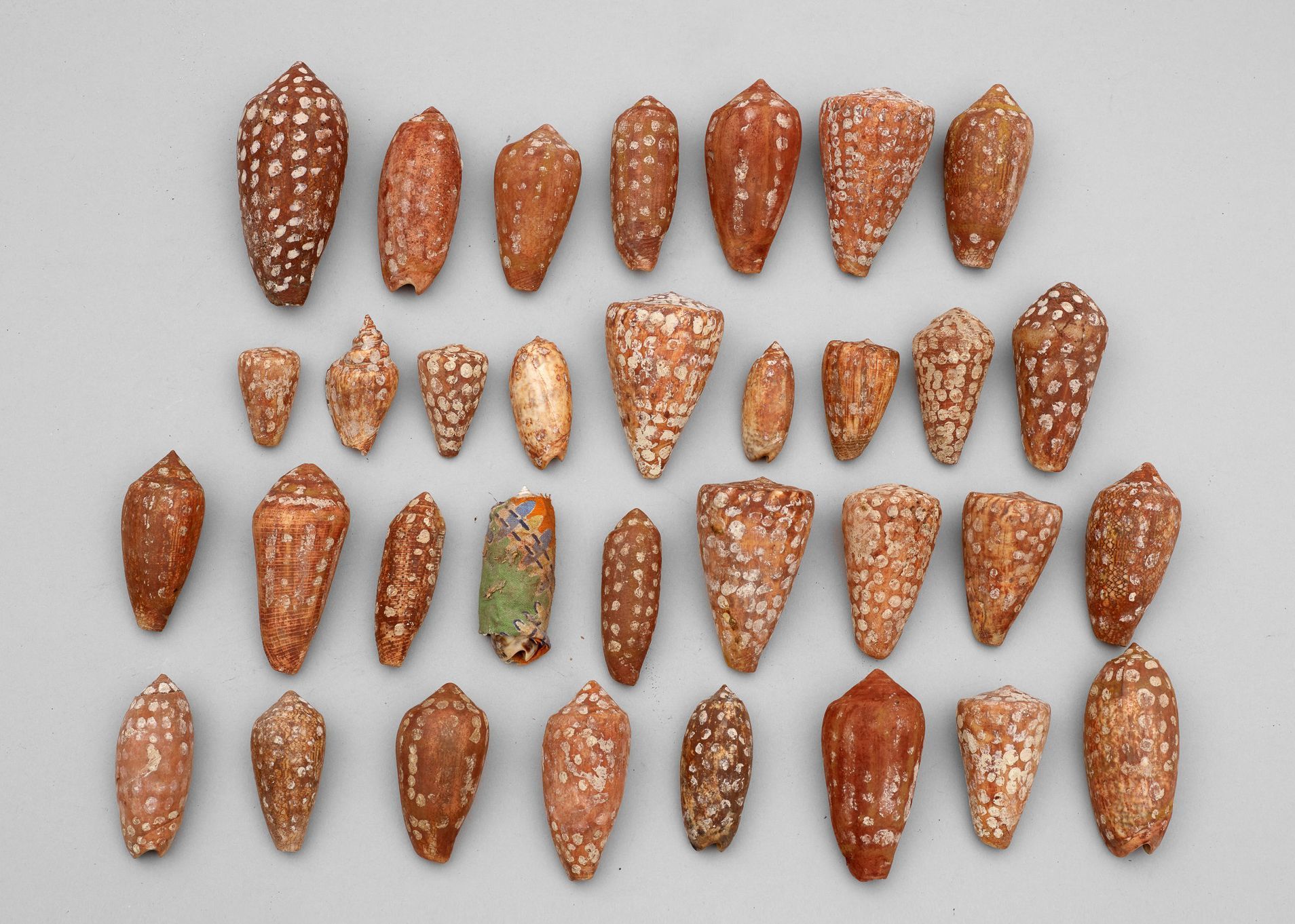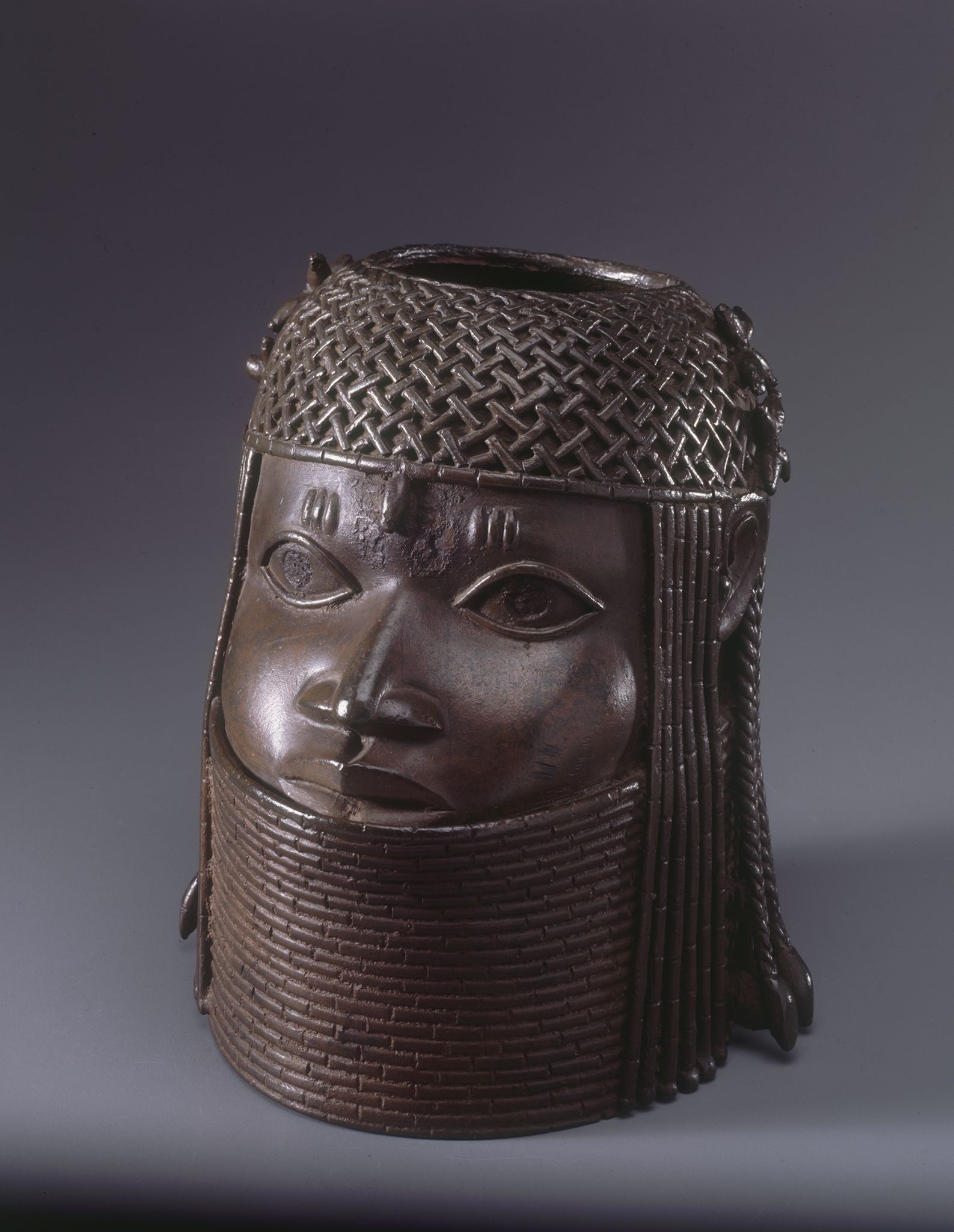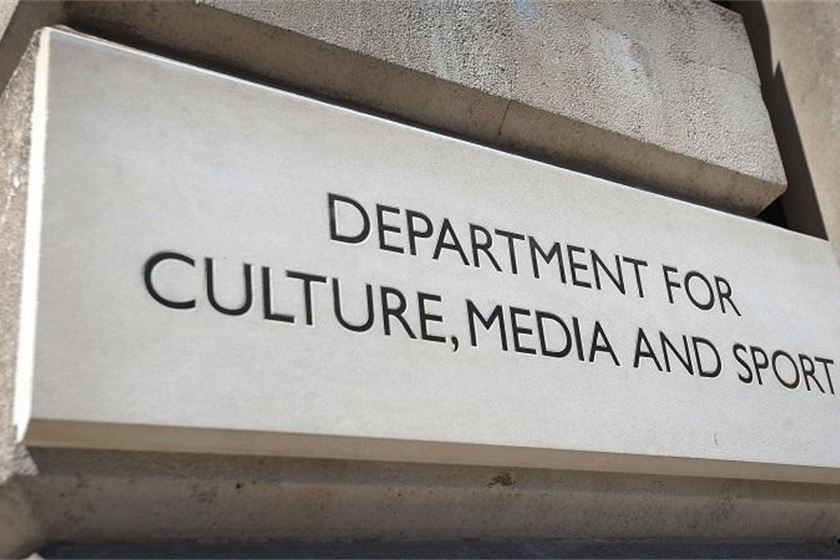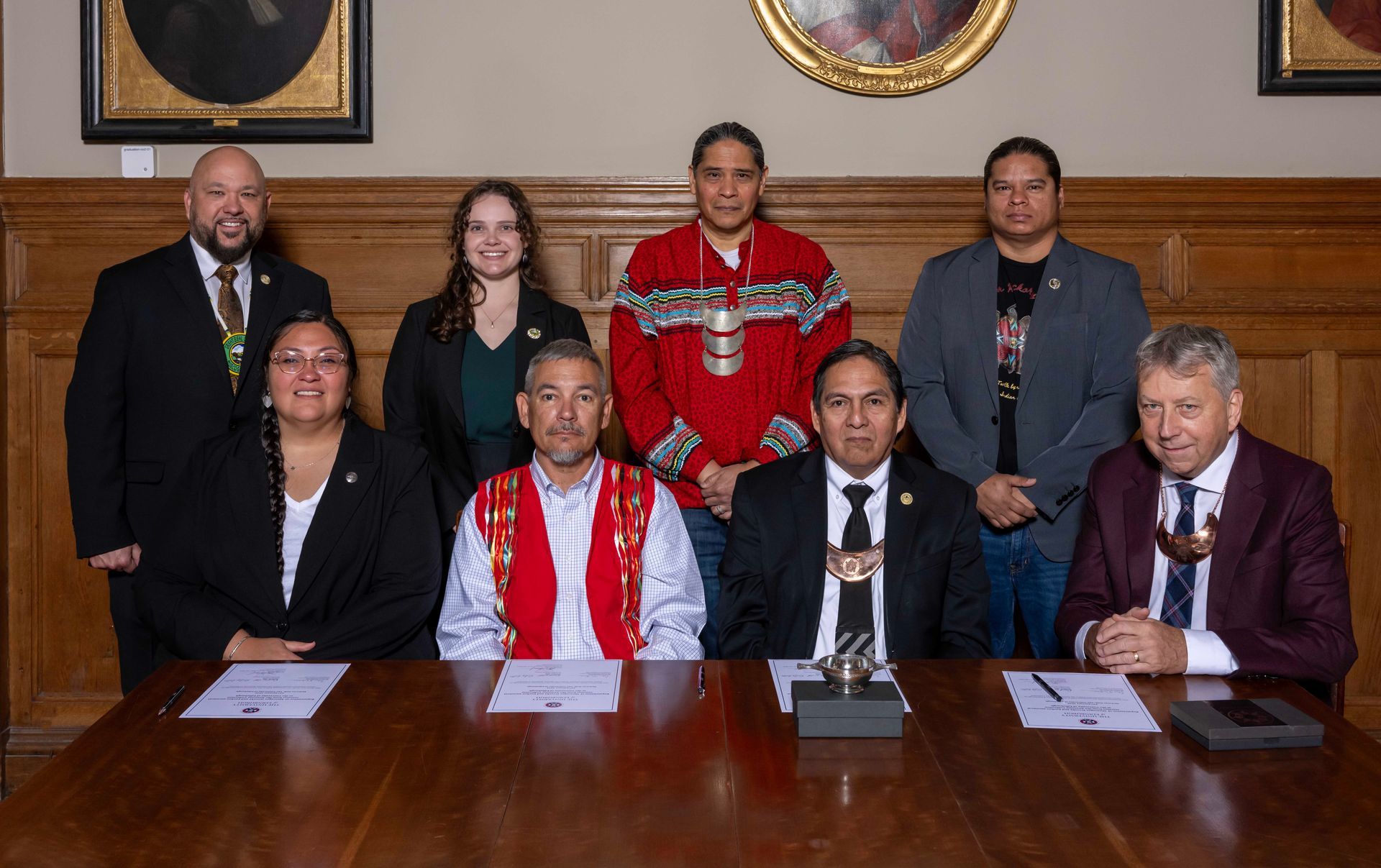Cultural Restitution
SHARE ARTICLE
This week’s ceremony at the Manchester Museum marking the return of 174 cultural artefacts to a delegation from the Aboriginal Anindilyakwa community is the second major restitution event led by the Museum in collaboration with AIATSIS.
The return of these treasured objects involved a three-year partnership with both AIATSIS, the organisation that leads the Australian Government's 'Return of Cultural Heritage' programme, and the Anindilyakwa Land Council of Groote Eylandt in Australia's Northern Territory.
The repatriation also marked an important development in the Museum's approach to restitution. What’s especially interesting is not just the size of this repatriation (it’s possibly the largest single repatriation made by any UK institution to a community of origin), but also the nature of the objects that are being returned.
Four years ago (2019) the Museum returned 43 Aboriginal sacred or ceremonial objects collected by four different collectors, including Baldwin Spencer and Emile Clement. For a long time, these objects had been kept off display out of respect for their cultural sensitivity. This latest repatriation comprises personal and domestic objects, collected directly from members of the Anindilyakwa community. But they are no less important to the traditions and memories of that community.
As well as stringy-bark baskets (ajamurnda) and spear throwers (yimangala), the collection includes a large group of dolls (70) made from shells (Dadikwakwa-kwa). These distinctive shell dolls were intricately decorated by parents for use by their daughters.

Dadikwakwa-kwa (Doll Shells). Courtesy of Michael Pollard/Manchester Museum, The University of Manchester
The entire collection was purchased, traded and acquired (in good faith) by Professor Peter Worsley, a former professor of sociology at the University of Manchester who died in 2013. It was while Worsley was undertaking research for his PhD that he was able to build strong connections with the Anindilyakwa community . Returning these objects, according to the Anindilyakwa Land Council, will help unlock this community’s rich cultural history.
“We have only just begun to appreciate how valuable the repatriation of the Worsley Collection will be in the future.”
Thomas Amagula, Deputy Chair of the Anindilyakwa Land Council
This repatriation represents another successful collaboration between the curatorial team at Manchester Museum and the AIATSIS (Australian Institute of Aboriginal and Torres Strait Islander Studies). This latest collaboration working alongside the Anindilyakwa Land Council involved exploring the connections and stories held in the archives of AIATSIS and Manchester Museum with the memories and cultural knowledge of Anindilyakwa Elders. This way, collectively, they could determine where the collection should live and how it could best be deployed to inspire future generations.
In what AIATSIS described as a first, Manchester Museum staff were invited by the Anindilyakwa community to visit Groote Eylandt. In 2022, along with members of AIATSIS, a museum team was able to participate in discussions about the future of these objects.
“Sitting with Elders and hearing them discuss this collection on their land in their terms has enabled me to understand and care in ways not possible in a store room in Manchester, and brought us to a place of understanding together.”
Georgina Young, Head of Exhibitions and Collections, Manchester Museum
Manchester Museum appears to be viewing restitution through a different lens than the perspective adopted by Britain's national collections. For Manchester, the unconditional return of collections and belongings to communities of origin is considered an important means of building a more equitable and hopeful future for museums. They also recognise the importance of complying with the UK's obligations as a signatory to the UN Declaration on the Rights of Indigenous Peoples by returning objects important to the traditions and memories of the communities that made them.
For the Anindilyakwa Community, the repatriation is described as an act that supports their cultural strengthening and revitalisation, an act that will enable future generations to connect with their precious heritage.
"Returning cultural heritage material is not merely about the physical artefacts," explained Leonard Hill, interim CEO at AIATSIS, it's about "fostering relationships, understanding, and mutual respecty. The impact of this return is already sending ripples across the world by sharing powerful Anindilyakwa stories."
After this was written.....
The return of these 174 treasured objects was celebrated at a special ceremony in November 2023 held at Umbakumba on Groote Eylandt, the location where the objects were originally collected.
In April 2025, in a further collaboration with the Warnindilyakwa community, Manchester Museum opened a new permanent exhibition space exploring the cultural heritage of the Groote Archipelago. Called Anindilyakwa Arts: Stories from Our Country, the exhibition was created in close collaboration with the Warnindilyakwa (who also refer to themselves as the Anindilyakwa people) and was supported by the Australian Government's Return of Cultural Heritage programme. At the exhibition, families are invited to participate in Dadikwakwa-kwa Come Out to Play sessions. Speaking about the initiative, Esme Ward, director of Manchester Museum, said: "These events reflect everything we stand for - collaboration, care, and the power of cultural belongings to connect people across generations and continents."



